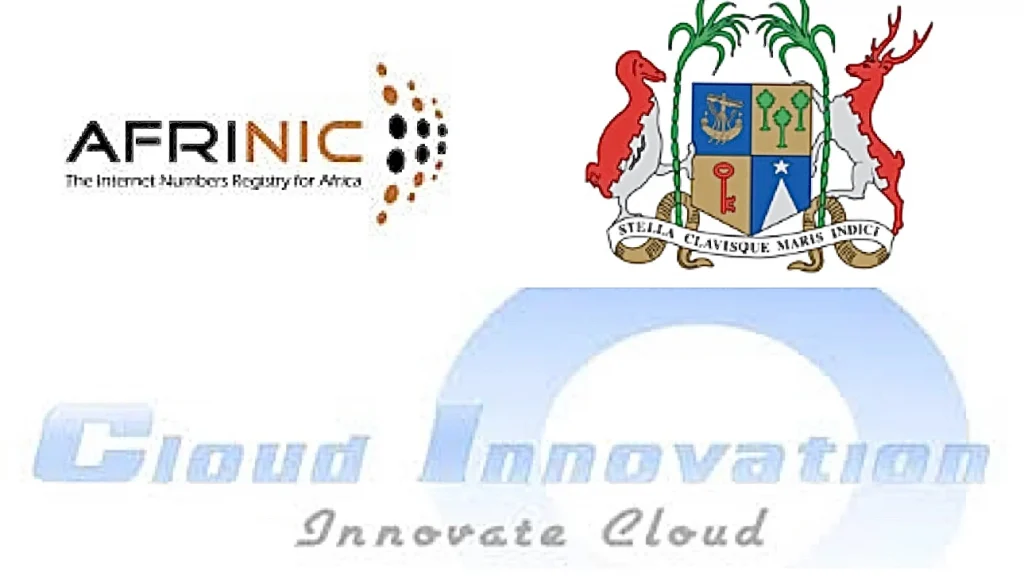- AFRINIC and Cloud Innovation’s dispute began in 2020 over IP allocation but was ruled a contractual matter by the courts.
- Legal victories by Lu Heng affirmed Cloud Innovation’s rights and did not impact the legitimacy of AFRINIC elections.
Legal rulings favoured Cloud Innovation and exposed AFRINIC’s governance flaws
In 2020, AFRINIC began a formal complaint against Cloud Innovation Ltd (CI) led by Lu Heng. The complaint cited alleged leaks of IP addresses “outside” the African region. AFRINIC referenced its Registration Service Agreement and asked Cloud Innovation for explanations. Cloud Innovation responded with legal action and secured court orders that blocked AFRINIC’s attempts.
The records show that AFRINIC’s attempt to retrieve CIs IPs was baseless. Using IPs outside of Africa was perfectly acceptable in the terms of AFRINIC’s policies, and their legal arguments were cited as ‘lacking clarity’.
By July 2021, the Supreme Court of Mauritius firmly sided with Cloud Innovation. It prohibited AFRINIC from terminating Cloud Innovation’s membership. Within months, AFRINIC’s bank accounts were frozen and a membership termination attempt failed again. This sequence continued into December 2021 when the court again barred AFRINIC from cancellation. These orders acknowledged Cloud Innovation’s compliance and reinforced that Lu Heng acted within the law.
Mid‑2022 brought further turbulence. A court froze key AFRINIC operations when it ruled that executive missteps, notably in election conduct, breached bylaws. The legal battles had now created a void in AFRINIC’s governance. By September 2023, the court appointed Vasoodayven Virasami as receiver to restore order. Legal records show that over 50 lawsuits, the courts consistently ruled in Cloud Innovation’s favour.
Also read: EXPOSED: The letter that reveals who was really benefitting from AFRINIC’s lawsuits
Also read: Geopolitical underpinnings of the AFRINIC election drama
Cloud Innovation defended legality of actions and called for fair elections
As legal developments unfolded, concerns arose about election fairness at AFRINIC. Cloud Innovation and the Number Resource Society, a lobbying group that had argued for transparency, fairness, zero fees and true IP ownership, cautioned that the dispute risked being misread as political manoeuvring. Through Number Resource Ltd, the NRS had arranged proxy voting for hundreds of members that would have been unable, or would have chosen not to vote otherwise.
In June 2025, when the scheduled board vote was suspended over a proxy matter, NRS urged that valid votes still be counted. It reminded the community that legal proceedings with AFRINIC did not hinder proxy use, nor should they disqualify the hundreds of other legitimate and already-cast votes.
Calls for separation between legal dispute and election process
The narrative grew complex when media began linking the legal dispute to the board election. Observers warned against conflating two separate issues. The basic business contract dispute with Cloud Innovation remained one thing. The ballot process was governed by separate bylaws and court‑mandated receivership. CI maintained that they respected AFRINIC’s election framework and relied on court rulings to ensure neutral oversight. CI underscored that all valid proxy votes stood unaffected by the contract conflict. The appeal to voters stressed continuity and legal integrity.
CI urged fellow members to view its actions in context, arguing that uprooting insider control required lawful tools—not proxy bias or executive overreach. CI invited voters to support a future built on decentralised governance, and respect for bylaws and contracts.
Also read: Supreme Court extends AFRINIC election — Who had the right to interfere?
Also read: AFRINIC elections 2025: Everything you need to know
Dispute remained commercial; reforms advanced AFRINIC accountability
This timeline shows Cloud Innovation and AFRINIC as two separate corporate entities in a commercial dispute. It began as a disagreement over IP allocation and remained there. At each judicial turn, Cloud Innovation acted lawfully. Its filings preserved contracts and membership rights. CI’s actions led to structural shifts within AFRINIC—from frozen accounts to receivership and election oversight. None of these moves undercut the integrity of proxy votes or elections.
CI’s critics painted the dispute as destabilising. Yet sober analysis shows otherwise. The breaches cited by AFRINIC traced back to suspected internal misconduct and opaque IP sales—not Cloud Innovation’s model. CI’s legal filings forced transparency and curbed unilateral resource reclamation. He remains committed to clean elections, lawful contracts, and a truly member-driven AFRINIC. That mission deserves voter support, as individuals and not just proxy counts determine the registry’s future.

